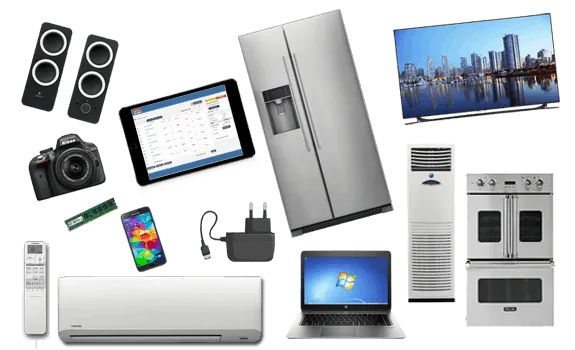
Electronic components are the unsung heroes powering the technologies we rely on every day. They are integral to countless industries, driving innovation and improving efficiency. Let’s explore some of the most impactful real-world applications of electronic components across various sectors.
The automotive industry is one of the largest consumers of electronic components, revolutionizing the way vehicles operate.
Applications:
With electronic components, cars are becoming smarter, safer, and more efficient than ever before.
Electronic components play a pivotal role in healthcare, enabling life-saving technologies and improving patient care.
Applications:
These technologies are transforming the medical field, enabling early diagnosis, precise treatments, and improved patient outcomes.
In the push for sustainability, electronic components are critical to advancing renewable energy and efficient energy management.
Applications:
Electronic components are at the heart of innovations driving the transition to cleaner, greener energy solutions.
The communication industry relies heavily on electronic components to enable fast, reliable, and global connectivity.
Applications:
These components are the backbone of modern communication, keeping us connected wherever we go.
Industrial automation relies on electronic components to streamline processes, enhance productivity, and reduce errors.
Applications:
By integrating electronic components, industries can achieve higher efficiency, lower costs, and improved safety.
The applications of electronic components extend far beyond these examples, shaping industries such as aerospace, agriculture, consumer electronics, and more. As technology evolves, new and innovative uses for electronic components continue to emerge, revolutionizing the way we live and work.
Electronic components are the building blocks of modern technology, driving progress across industries and improving our daily lives. By staying informed about their applications and advancements, we can better understand the impact of these tiny yet powerful devices.
Stay tuned for more insights into the world of electronics, and let’s continue exploring the endless possibilities that electronic components bring to our lives.